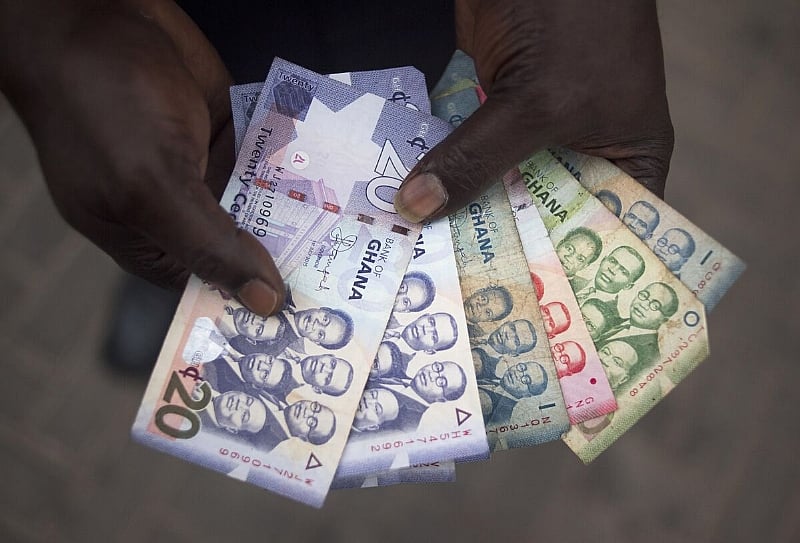As of Saturday, October 19, 2024, the Ghanaian Cedi has experienced a depreciation against the United States dollar, with the buying rate declining by 3 pesewas and the selling rate falling by 5 pesewas. The current buying rate stands at GHS16.94 per dollar, while the selling rate is GHS16.41, reflecting a notable change from previous rates noted on Thursday. These exchange rates have been documented by Cedirates.com, a reputable source for currency and fuel prices in Ghana. Simultaneously, the interbank rates for the Cedi indicate a slightly stronger position, with purchasing and selling rates at GHS15.98 and GHS16.00 against the US dollar, respectively.
In addition to the US dollar, the Ghanaian Cedi’s performance against other major currencies has been varied. The average buying and selling rates for the British Pound Sterling are reported at GHS20.66 and GHS21.47, showcasing a significant gap compared to the US dollar rates. Specifically, the interbank market reflects a selling price of GHS20.85 for the Pound. The Euro also shows a different trend, with buying and selling rates at GHS17.15 and GHS17.88, respectively, and GHS17.38 on the interbank market. These figures highlight the relative strength of the Cedi against various currencies, while still indicating a general downward trend.
Money transfer platforms such as LemFi and Afriex have also provided rates for sending money to Ghana from the US and the UK, respectively. Currently, these platforms offer rates of GHS16.05 and GHS15.42 for each dollar transferred, which reflects a slightly lower rate compared to the buying rate. For the British Pound, these services present buying and selling rates of GHS20.95 and GHS21.01 respectively, indicating that users of these platforms are subjected to rates that closely align with the market yet vary depending on the originating country. Afriex is noted for being the only service that updated its Euro rates on Saturday, pricing the Euro at GHS16.94.
As the digital economy continues to expand, trends in payment processing are worth noting, particularly for those renewing subscription services like Netflix, Spotify, or Apple Music. Payment processors such as Visa and Mastercard are offering conversions for US dollars at rates of GHS17.12 and GHS17.28, respectively, when paying for subscriptions. These rates may influence consumer choices for payment methods and subscriptions, showing how currency valuations directly impact personal finance.
The current state of the Ghanaian Cedi highlights the complex dynamics of foreign exchange markets and the varying rates presented across different platforms and financial institutions. The consistent decline in the Cedi’s value against the US dollar raises concerns about economic stability and purchasing power in Ghana. The disparity between interbank rates and the more consumer-oriented rates offered through money transfer services also underscores the need for individuals and businesses to keep informed of the best available rates to maximize financial efficiency.
Overall, the fluctuations in the Cedi’s value reflect not only local economic conditions but also broader trends in international finance. Keeping abreast of these exchange rates is essential for individuals engaged in financial transactions, and it can shape decisions in areas from personal spending to investment strategies. The interplay between buying and selling rates across various platforms offers valuable insights for anyone navigating the complex landscape of currency exchanges, significant both for consumers and businesses operating in the increasingly digital global economy.














